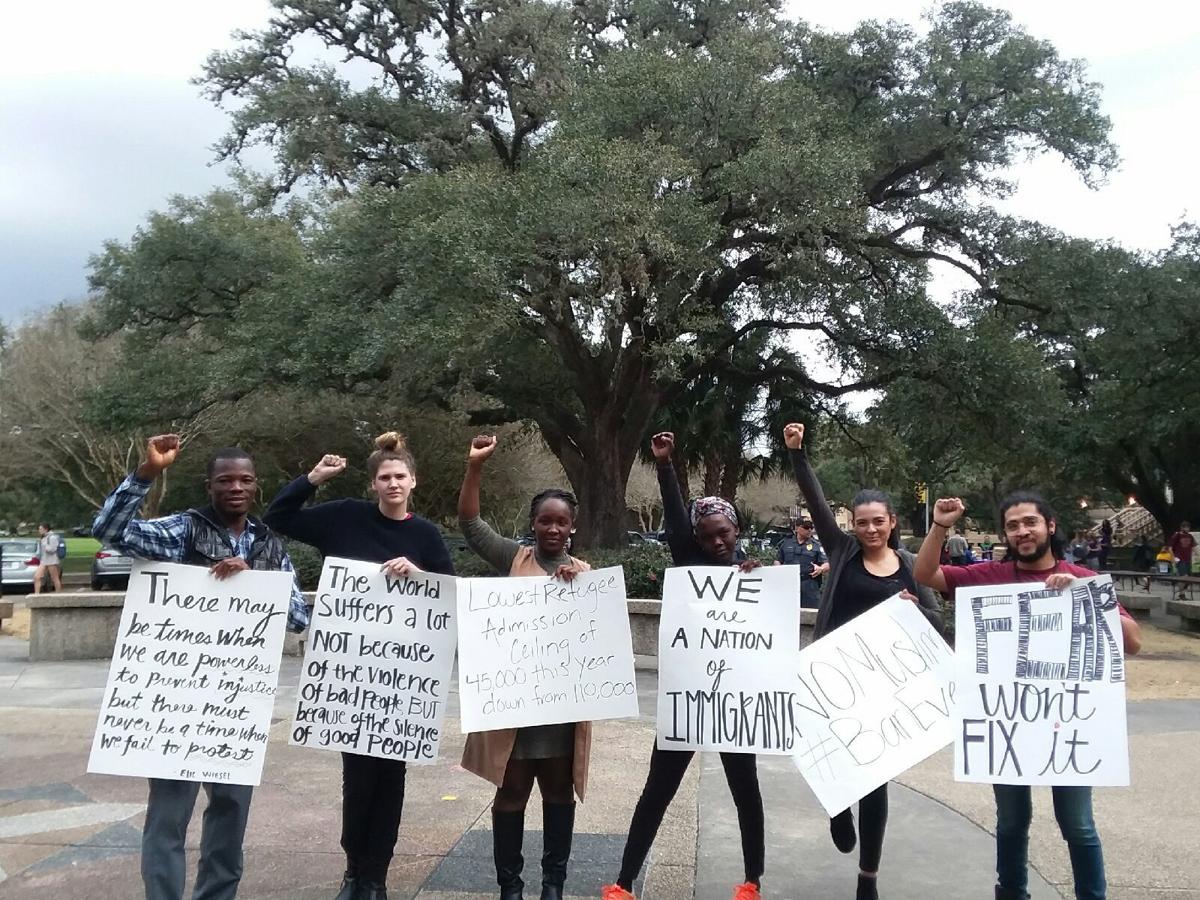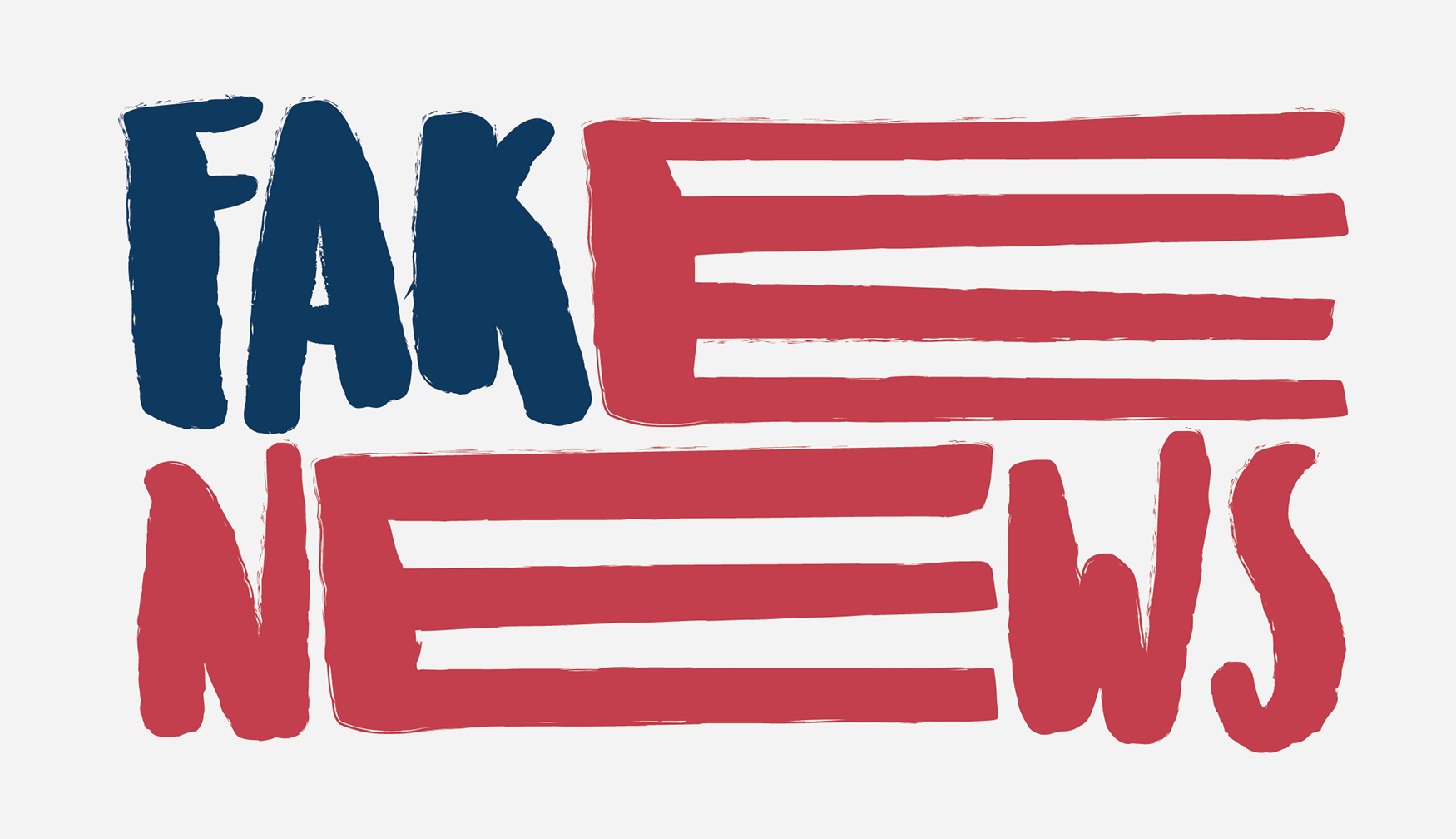
Dreher writes about an experience he had while in college when he shared that he was 'pro-life' and sitting among people who identified as 'pro-choice'. The people he was sitting with immediately became uncomfortable and said that they felt 'unsafe' by him being there. Dreher writes that it is unfair how he must watch what he says due to 'offending' anyone who does not agree with him. The definition of community oppression is then provided, to further explain the argument for safe spaces:
Community oppression is oppression that one experiences within a community to which they belong. Example: A lesbian attends a house of worship that preaches homosexuality is a sin.
Dreher argues that it is unfair that his personal beliefs are considered'oppressive' if they offend another group of people. He believes that it is unfair to have to filter his own personal beliefs in compliance with other groups of people. He provides the example that if a teacher identifies as Christian and does not support the LGBTQ+ community, that teacher is then an oppressor. Dreher is outraged by this notion and how far schools and establishments will go to save 'safe spaces'.
The problem with the LSU student feeling violated by the free speech on her campus is that freedom od speech in a constitutional right that is recognized everywhere in the US. LSU is a public instittution and therefore must abide by most of the similar laws as other public accomadations. Just because she personally does not want to be bothered with people protesting and petitioning does not mean they do not have the right to be there.
As far as safe spaces go, it is a little absurd to accuse people with more conservative views as being 'oppressive' and 'scary'. Just because someone personally does not believe in LGBTQ+ relationships, does not make them a villain, however, this does not grant this person the right to spread hateful speech towards members of that community. When Dreher was sitting at the lunch table with his peers, he was not being malicious by saying he is pro-life. If Dreher were to go into a rant about how he hates women and how he believes women should be controlled by the government, then yes he is violating that group of women's safe space.
A safe space is a place designed for people to congregate freely without the fear of discrimination. Safe spaces are often discussed in relation to most schools who have gay-straight alliances and Black student unions as a place for marginalized groups of people to have a place on their campus where they can be who they are unapologetically. Safe spaces have shifted in meaning to be more accommodating towards protecting groups of people and their specific beliefs. For example, an animal rights group should have a safe space where they can assemble, but they are not entitled to this space because they are not a marginalized group of people. They cannot attack anyone who goes against their beliefs, because those are strictly opinions. Safe spaces were designed to protect students who face oppression based on their identity, not to protect strongly opinionated protesters.
By using words like 'safe spaces' and 'oppression' so loosely, it takes away from the magnitude of the situation. The US Constitution protects everyone's right to express their opinion, and just because it is an unpopular one does not mean they are oppressing or intruding on your safe space. So no white lady, having protesters on your campus is not oppression. Sorry, not sorry.





